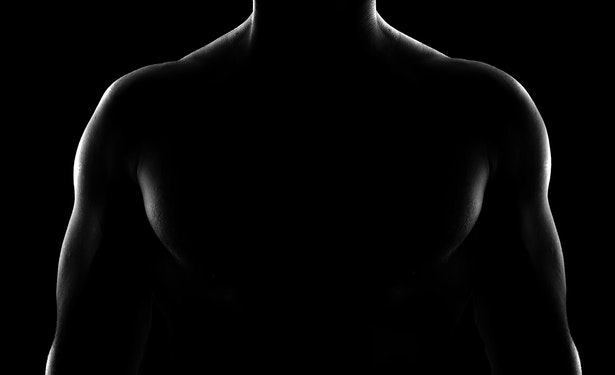The Metrosexual Revolution: Transformation and Its Pressures on Men's Bodies
Date: Monday 17 Mar 2025
The 'Metrosexual Revolution' has transformed perceptions of male bodies, initially celebrated through cultural icons like James Bond and David Beckham. However, this shift has come with burdens, such as heightened expectations leading to mental health struggles. As men navigate societal pressures regarding physical appearance, the essence of empowerment may rest in recognizing limitations over control and acknowledging the impact of broader societal structures.
In the past three decades, the landscape of men's bodies has undergone a transformation, punctuated by shifts in cultural ideals of masculinity. In 1995, James Bond embodied the sleek elegance of Pierce Brosnan, a strikingly trim figure in a time when action heroes leaned towards the softer side, including the likes of DiCaprio and Reeves. By the new millennium, men’s health magazines established the six-pack as the gold standard, forever altering perceptions of male desirability.
As the late 90s rolled in, the male torso became a symbol of empowerment and appeal across diverse audiences, aided by targeted marketing that recognized men as a valuable consumer demographic. However, films like "Fight Club" unintentionally fueled the very consumerism they critiqued, as audiences were drawn to Brad Pitt's physique rather than the film’s deeper message about masculinity.
The term 'metrosexual' burst into the mainstream spotlight in 2002, thanks to the likes of David Beckham, ushering in an era that celebrated male grooming and vanity. By the end of the 2000s, this trend had saturated culture, with Men’s Health magazine soaring to the top of the sales charts, outperforming competitors, and redefining what it meant to be a man.
Emerging from this metrosexual wave was the notion of the spornosexual, described as men embodying the look and lifestyle of sports and porn stars. With their bodies now seen as commodities, these men faced new standards of aesthetic labor and scrutiny, raising questions about the freedom and pressures of modern masculinity.
Despite liberation from traditional masculine ideals, men have often found themselves shackled by external expectations. Recent surveys indicate a stark mental health crisis among men in the UK, revealing that societal pressures regarding physical appearance prompt widespread anxiety about body image. As we navigate this complex issue, it is clear that while men may strive for a perfect physique, true empowerment may lie in recognizing the societal structures influencing these challenges.
In a culture where success is touted as an individual achievement, it’s vital to acknowledge that control over our bodies is always limited. This narrative of self-discipline often overshadows the roles of socioeconomic status and genetics in shaping our experiences. Perhaps, embracing the understanding that we can influence but never fully control our bodies might help alleviate the mounting pressure to conform to unrealistic standards.
Learn more here: https://www.menshealth.com/uk/mental-strength/a64020039/how-the-metrosexual-revolution-changed-mens-bodies/

